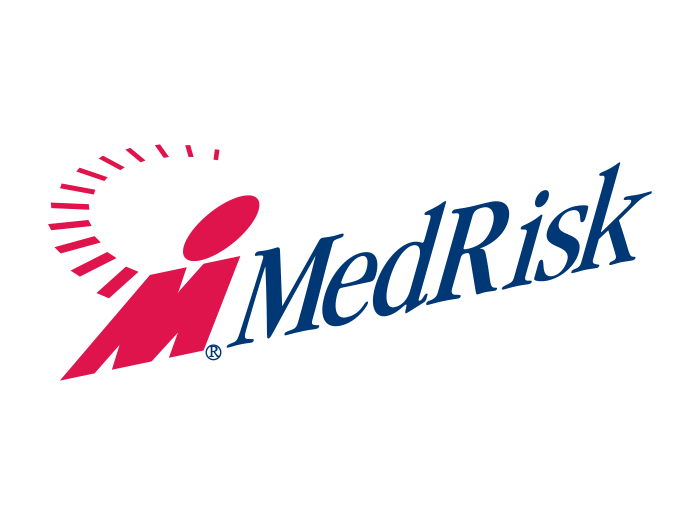Employment Practices
Distress Signals

What happens when an employee starts exhibiting signs of mental illness after they’re hired? It can be difficult for organizations to balance the need to reasonably accommodate mentally ill people with productivity needs and fears of potential violence.
But the amount of resources available to help employers support such workers is rising.
“Work is such an important influence on a person’s quality of life, including their financial well-being, that giving up a job is not an option,” said Debra Lerner, director of the Program on Health, Work and Productivity at Tufts Medical Center in Boston.
For many, the onset of mental health issues can make it difficult to perform a job, even one the person did well before becoming ill, Lerner said. For example, some people dealing with depression have trouble with memory or being organized.
Others may not sleep well, which can make it difficult for them to get to work on time or to “hit the ground running” after arriving.
“Staying on task, especially when interruptions occur, can be difficult,” Lerner said. “Interpersonal issues are common and interfere with relationships with customers, supervisors or co-workers.”
Employers can get recommendations from the Equal Employment Opportunity Commission’s job accommodation network, which are tailored to the person’s illness and limitations as well as their job demands. Employers can also refer workers to resources such as Tufts’ Be Well at Work program to help people suffering from depression learn approaches to being effective on the job.
“One of the program’s benefits is a method for assessing which aspects of working are most difficult and intervening with specific suggestions for improving ability to function,” Lerner said.
Another resource is the Integrated Benefits Institute, a San Francisco-based research organization that aims to demonstrate the connection between improved health, well-being and business performance at companies, said Tom Parry, president.
“We take a very broad view of these issues, so that employers make proper investments in health and understand the much broader outcomes that are more important to their business than just health care costs,” Parry said.
Most employers have typically used medical and pharmaceutical claims data to identify key health conditions. But since behavioral issues tend to be underreported, they typically “don’t rise to the top,” Parry said.
IBI provides employers with information from third parties to find ways to identify issues and conditions, without violating privacy rules per the Health Insurance Portability and Accountability Act. Alternatives include working with their employee assistance programs and conducting well-being surveys.
“One of the real challenges to improved behavioral health management is the stigma that goes along with those conditions, which has made it hard for employees to self-identify around those issues and seek help,” Parry said. “That’s changing, but it’s still a big part of the problem.”
Need Can Be Implied
Sometimes the employer must initiate the interactive process required by the Americans with Disabilities Act, said Carla O’Sullivan, education programs manager at Disability Management Employer Coalition.
“The employer always has to take the employee’s privacy into account, and they should not request information or ask inappropriate questions,” O’Sullivan said.
“But it is absolutely in the employer’s best interests to speak to the employee … particularly if the employee had been doing great but then all of a sudden they are not. It could be that the employee needs to be referred to an employee assistance program, or maybe it’s just a matter of being supportive.”
While the onus is typically on employees to request accommodations, they don’t have to actually use the words “reasonable accommodation” if the need is obvious, said Frank C. Morris, Jr., of Epstein Becker & Green P.C.
“For example, if an employee tells a supervisor that they need to go twice a week for medical treatment for the next six months, or requests time off for extended medical treatment, the EEOC and the courts will likely find this to be sufficient notice of an accommodation request,” Morris said.
One potential accommodation could be allowing employees time off to adjust to new medications or a new combination of medications, he said. But it should be for a reasonable and finite period of time until the problem can be controlled and for the employee to resume being productive at work.
Employers can ask workers for the medical opinion that demonstrates their disability, and then get a second opinion by their own medical professional, said J. Bradley Young, partner, Harris, Dowell, Fisher & Harris LC. Those professionals can help structure reasonable accommodations.
“For example, if the employee’s psychiatrist has prescribed the anti-psychotic Thorazine, that medication typically makes people sleep 20 hours a day — and it would not be reasonable to have the employer provide a bed to sleep on the job,” he said.
“However, a reasonable accommodation would be to have a different psychiatrist prescribe different medications instead of Thorazine that would not make the person too sleepy, allowing them to continue in their job.”
Outside Assistance
Employers do not have to accommodate people who are violent or make any threats of violent action, even if the employee has a mental disorder, Young said.
“They can be removed from the property and terminated,” he said. “But if an employee is simply acting erratically, that’s a completely different story.”
Employers can ask to have the person taken to a psychiatric hospital for evaluation, and if the employee is diagnosed with a mental disorder, the employer and employee have to work together to try to come to a mutually agreeable decision on a reasonable accommodation, Young said.
Some disability carriers have mental health consultants who can assist employers with proactive accommodations to help at-risk employees avoid a disability leave, or with return-to-work plans that can help an employee transition back to the workplace after taking a leave, said Brian Kost, director of the workplace possibilities program at The Standard, a disability insurer based in Portland, Ore.
For employers that have at-risk employees, mental health consultants can help ensure that employees are connected with resources — such as an EAP or wellness program — for assistance, Kost said.
“Above all, a consultant can help an employer and employee communicate better by keeping everyone involved up-to-date on an employee’s condition, his or her medical restrictions, when they may be returning to work and potential accommodations,” he said.
“This collaboration and communication can go a long way to ensure success.”












